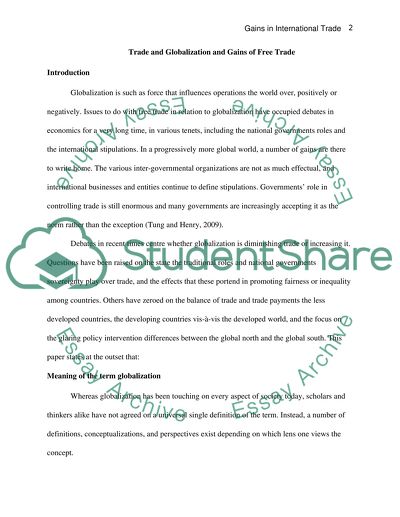Cite this document
(“Trade and Globalization and Gains of Free Trade Essay”, n.d.)
Retrieved from https://studentshare.org/environmental-studies/1421477-globalization-and-the-gains-from-international
Retrieved from https://studentshare.org/environmental-studies/1421477-globalization-and-the-gains-from-international
(Trade and Globalization and Gains of Free Trade Essay)
https://studentshare.org/environmental-studies/1421477-globalization-and-the-gains-from-international.
https://studentshare.org/environmental-studies/1421477-globalization-and-the-gains-from-international.
“Trade and Globalization and Gains of Free Trade Essay”, n.d. https://studentshare.org/environmental-studies/1421477-globalization-and-the-gains-from-international.


